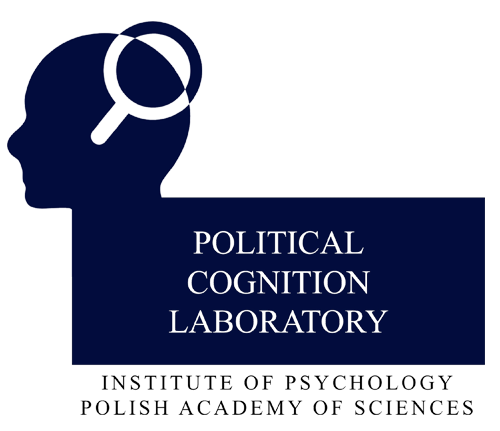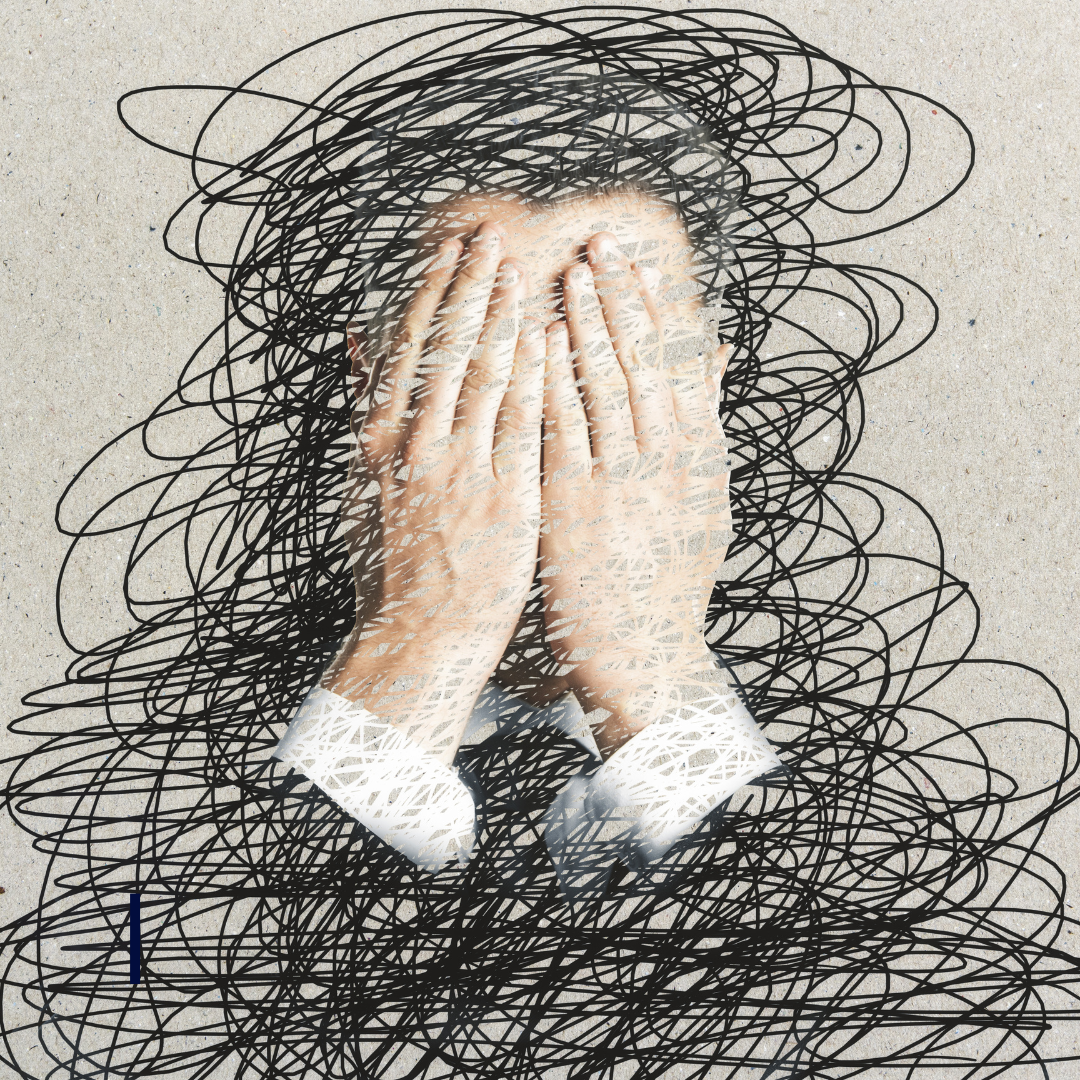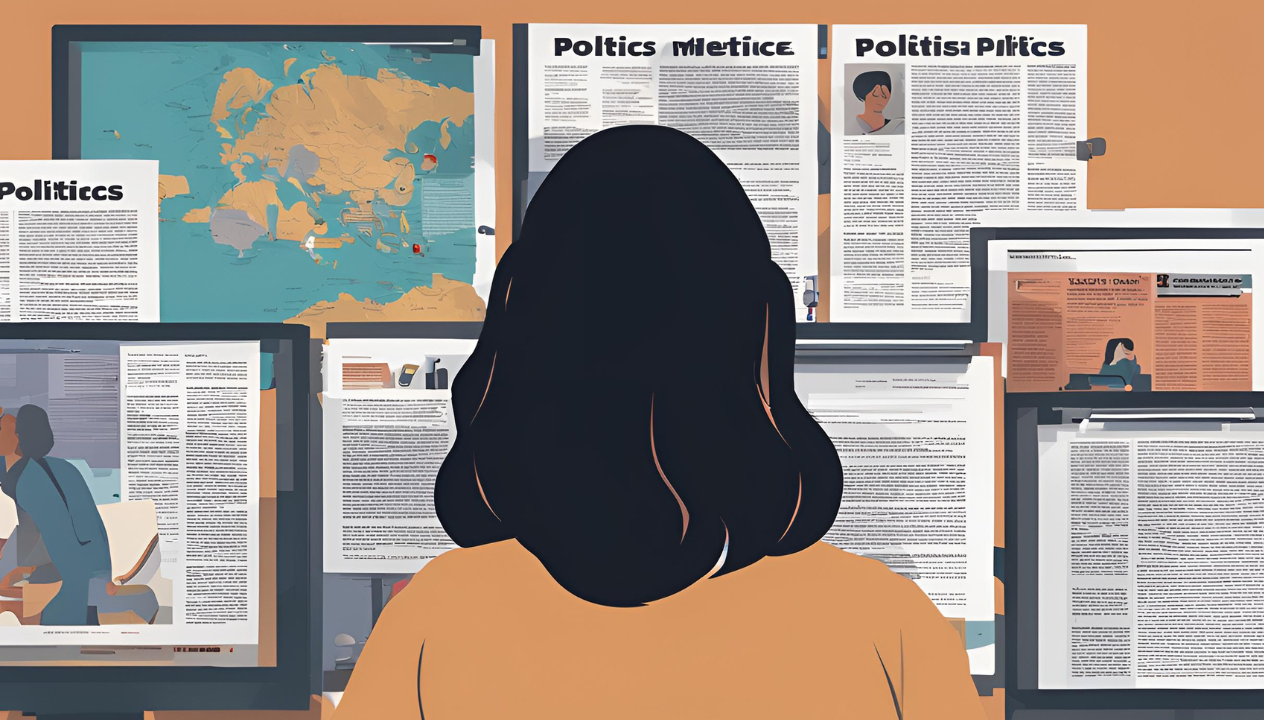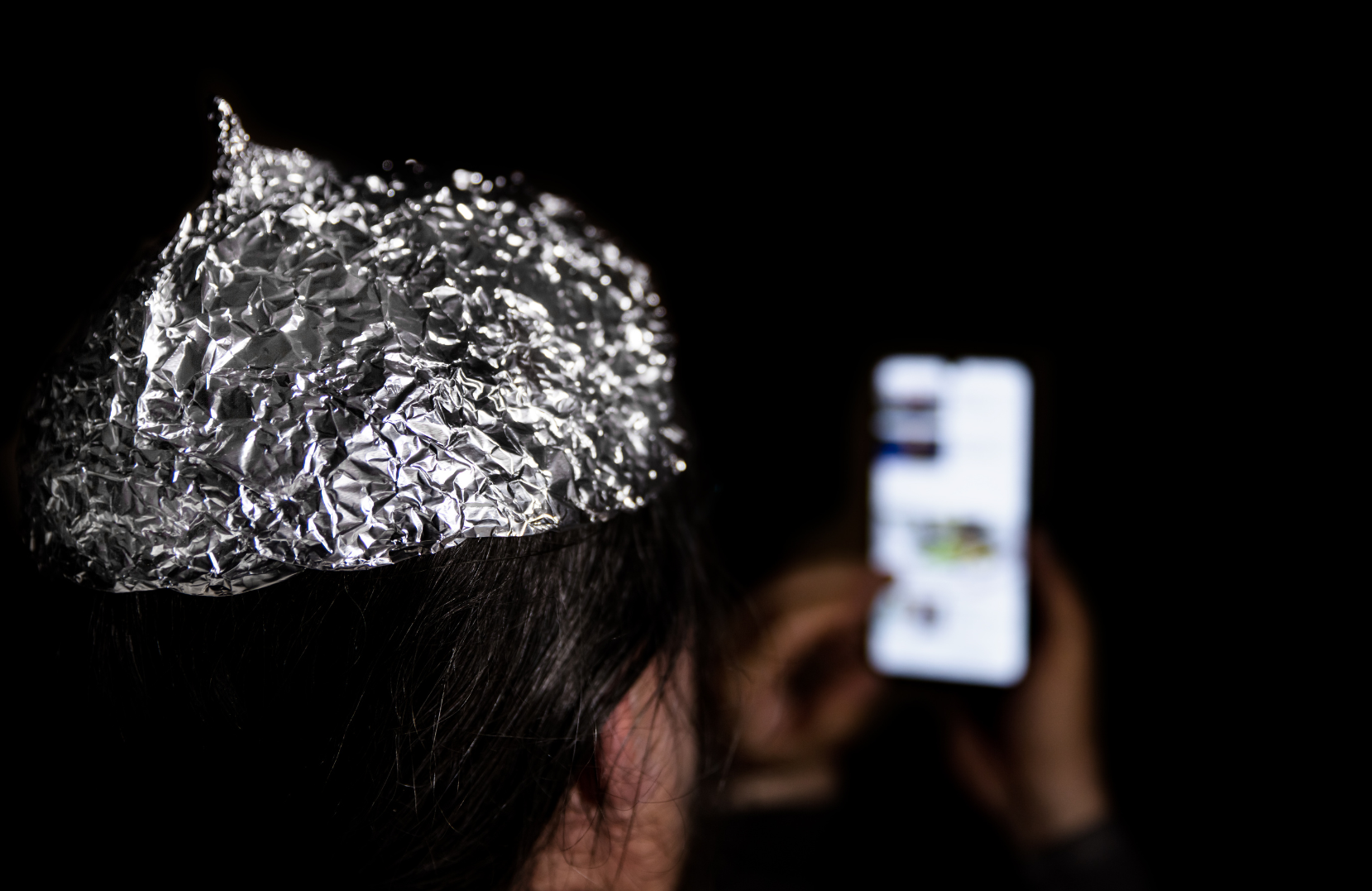Does feeling of self-worth translate into one's choice of political ideology or interest in political activity?
Aleksandra Cichocka (University of Kent), Marta Marchlewska (Laboratorium Poznania Politycznego, Instytut Psychologii PAN) and Aleksandra Cislak (Uniwersytet SWPS) have analysed research results from the past seven decades — consistently distinguishing self-esteem (i.e. authentic feelings of adecuacy and satisfaction with oneself) from narcissism (i.e. feelings of entitled self-importance and superiority over others). It allowed to explain the mixed effects observed in past research on self-evaluation and politics.
According to the authors it is the high level of narcissism — rather than high level of self-esteem — play a key role in predicting problematic attitudes and hostile political behaviours. Individuals high on narcissim lean towards such ideologies and systems that give them power and dominance, rather than those taking the wellbeing of the society into account. They oppose democracy, believe in conspiracy theories, are willing to take part in political life but it does not translate into anythig positive. Such individuals often believe political leadership to be particularly appealing, especially if the feel that they would directly benefit from it themselves.
More on the results of this research can be found in an article recently published in "Political Psychology": Self-Worth and Politics: The Distinctive Roles of Self-Esteem and Narcissism









